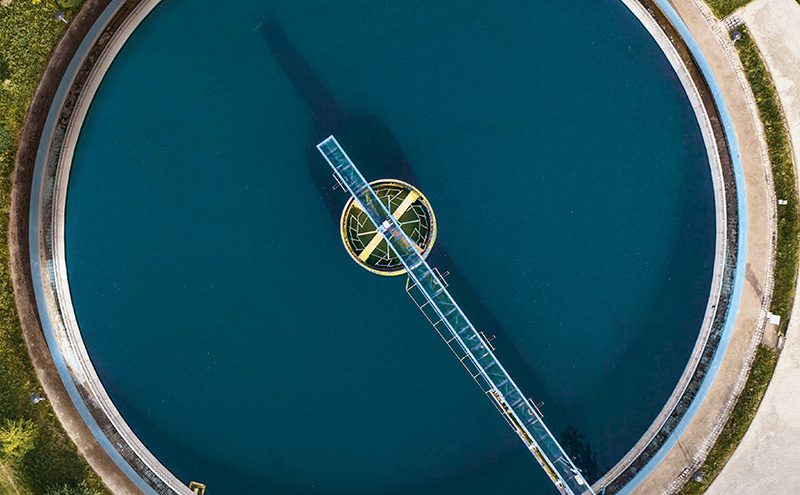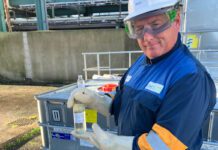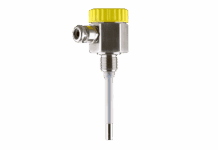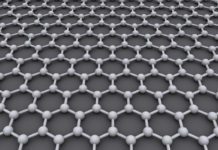With MasterSeal 7000 CR, BASF is announcing an innovation to protect concrete and steel structures in extreme wastewater environments. It builds on the company’s new technology, Xolutec, and uniquely combines application with performance properties to meet the challenges in aggressive wastewater environments.
“Our novel Xolutec technology was developed to solve the problems of challenging technical environments. It is an innovative and smart way of combining the advantages of different chemical products and thus represents a unique solution. When the material is mixed on site, a cross-linked interpenetrating network (XPN) is formed, enhancing the overall material properties”, said Roland Nowicki, Vice President, BASF Construction Chemicals Europe.
Resistance to biogenic sulfuric-acid corrosion
The effects of wastewater in collection networks and treatment plants can lead to rapid deterioration of concrete surfaces and corrosion of concrete reinforcements and steel structures. MasterSeal 7000 CR’s high resistance to abrasion and biogenic sulfuric-acid corrosion is ideal to withstand the severe conditions that occur in pretreatment and aeration tanks, digesters, or sewers, says BASF. MasterSeal 7000 CR’s dynamic and static crack-bridging abilities protect concrete, even after non-structural cracks appear, thus prolonging life cycle of the structure.
Another key benefit of this novel resin technology is its tolerance to moisture, both in the substrate and in the environment. MasterSeal 7000 CR can be applied on very damp substrates by spray or roller, and its fast curing properties allow contact with water under pressure as early as 24 hours after application at 20°C. This combination of properties provides long-term concrete protection while dramatically reducing the downtime of the structure, making MasterSeal 7000 CR the ideal solution for wastewater facilities.
BASF’s Markus Scherler said the product offers the industry a solution that significantly extends the life cycle of concrete infrastructure facilities








